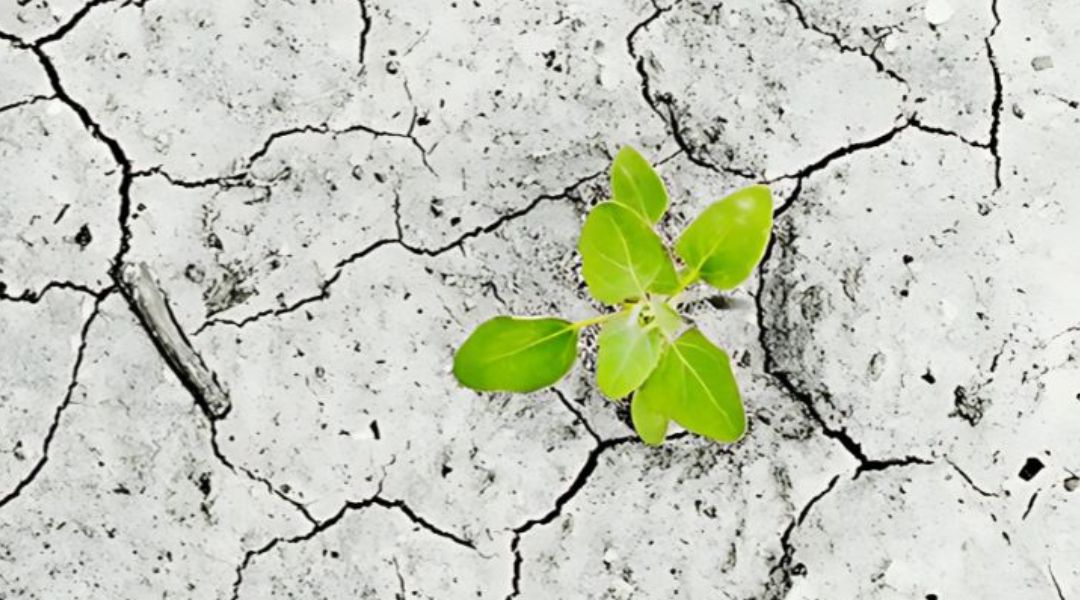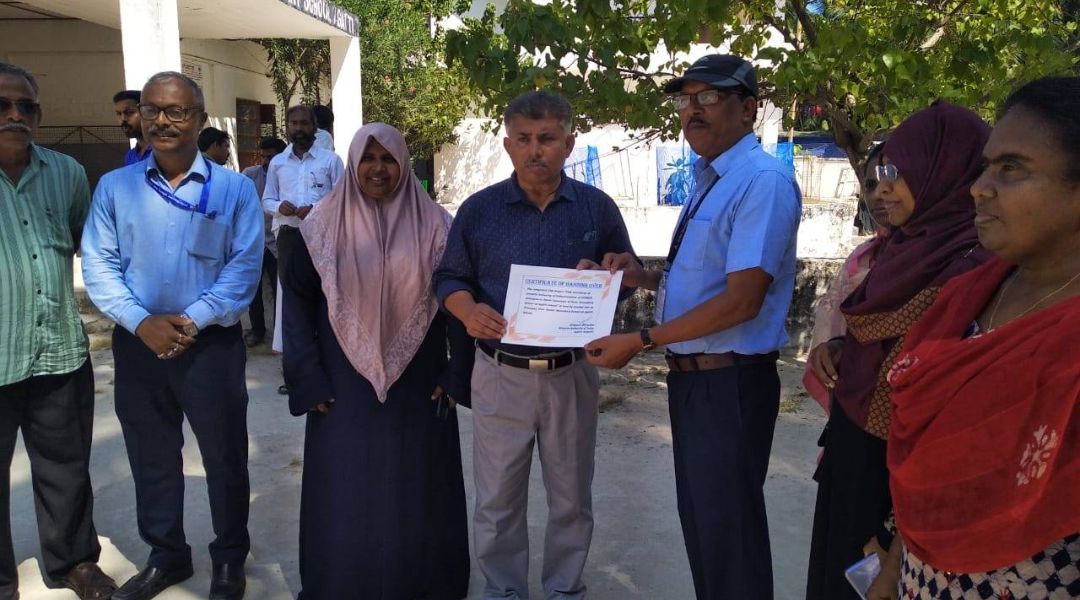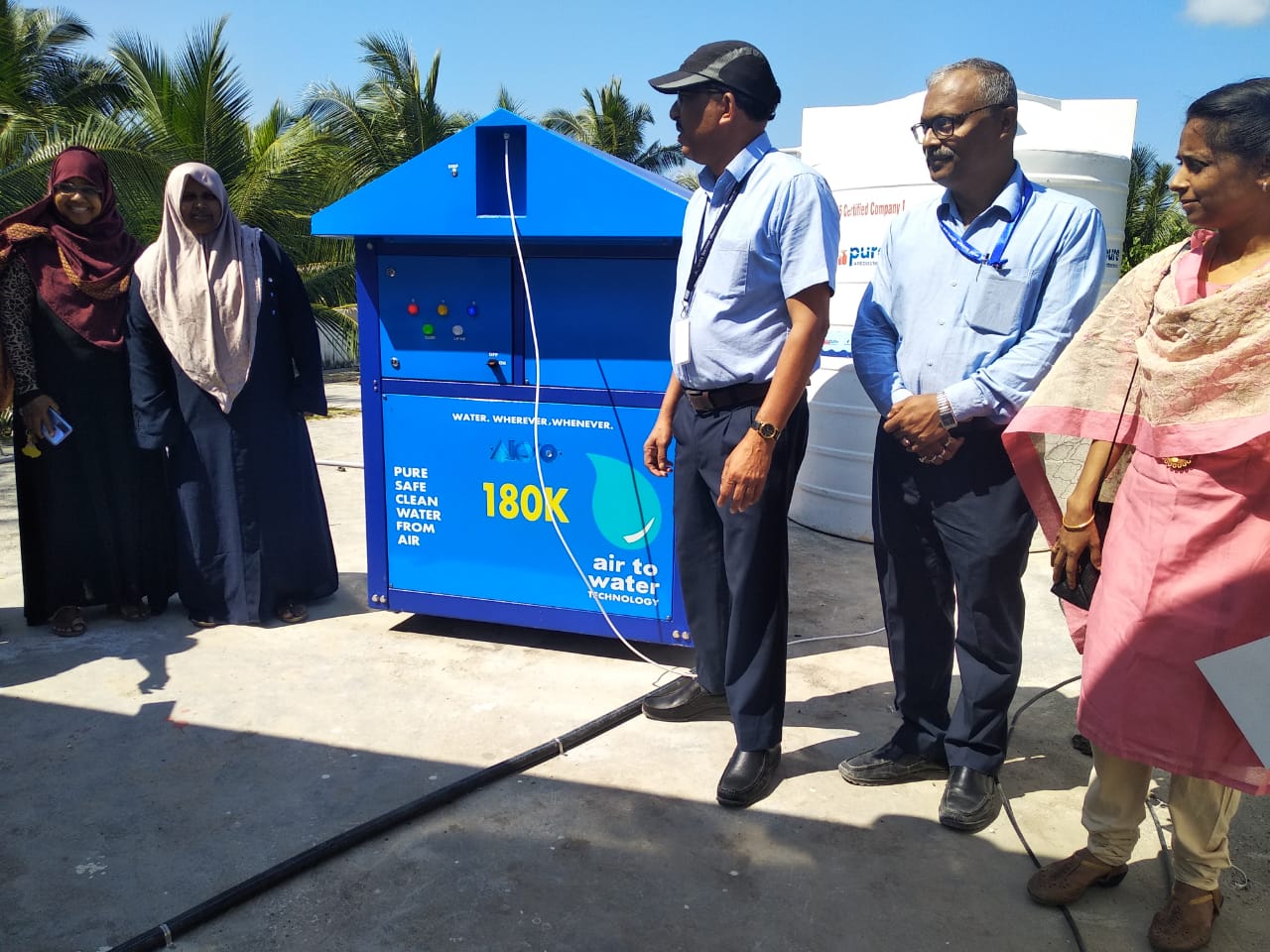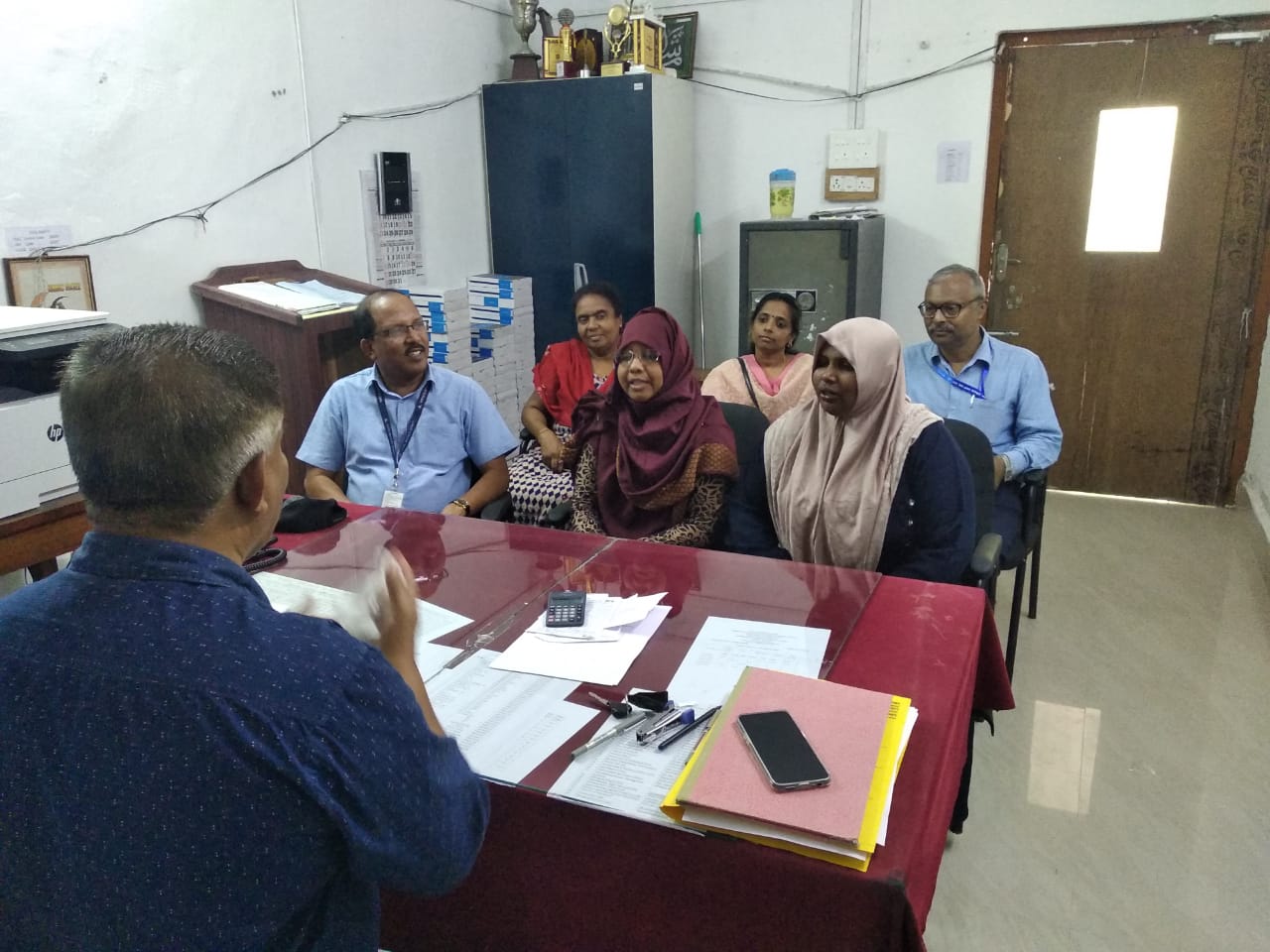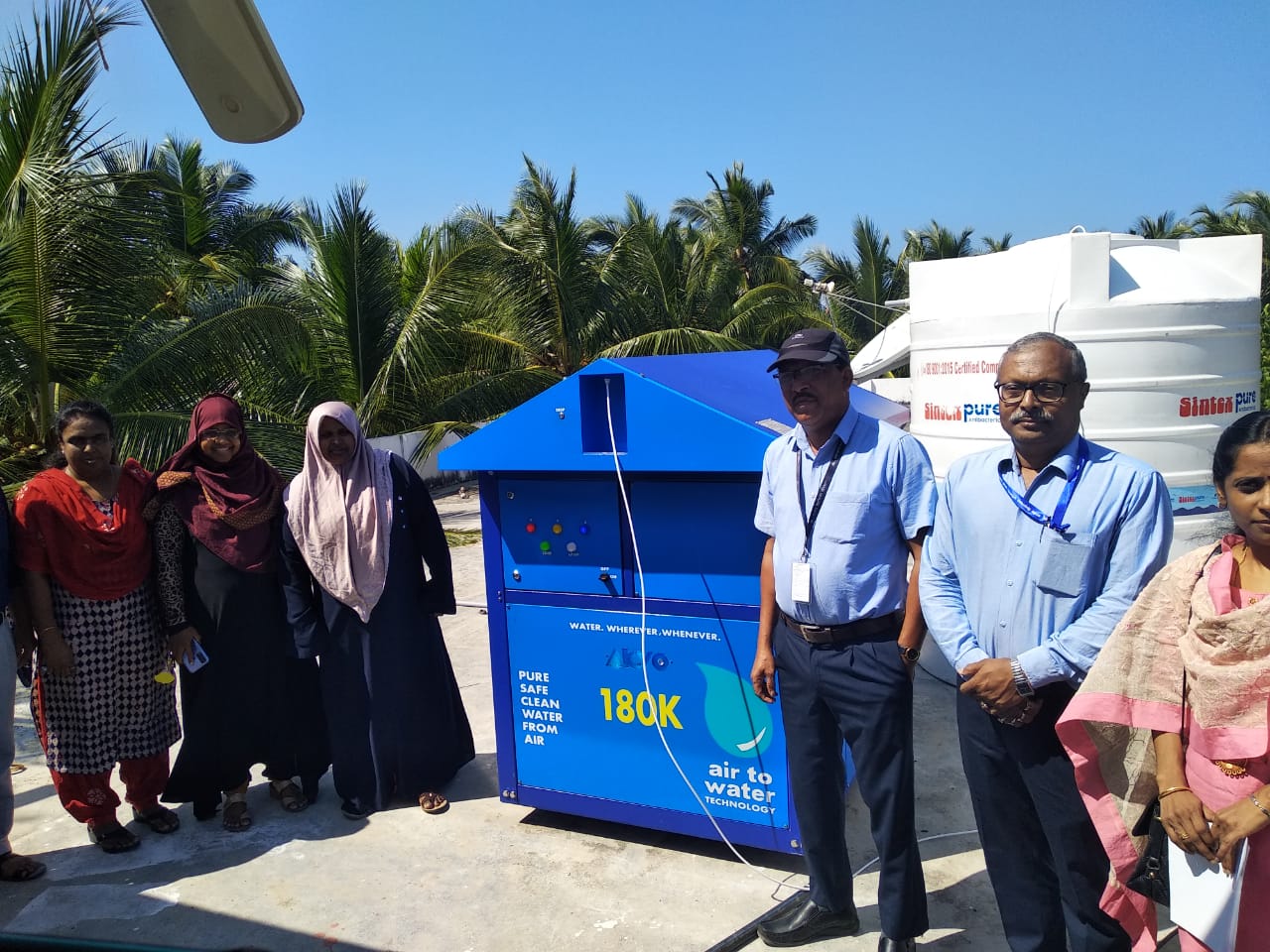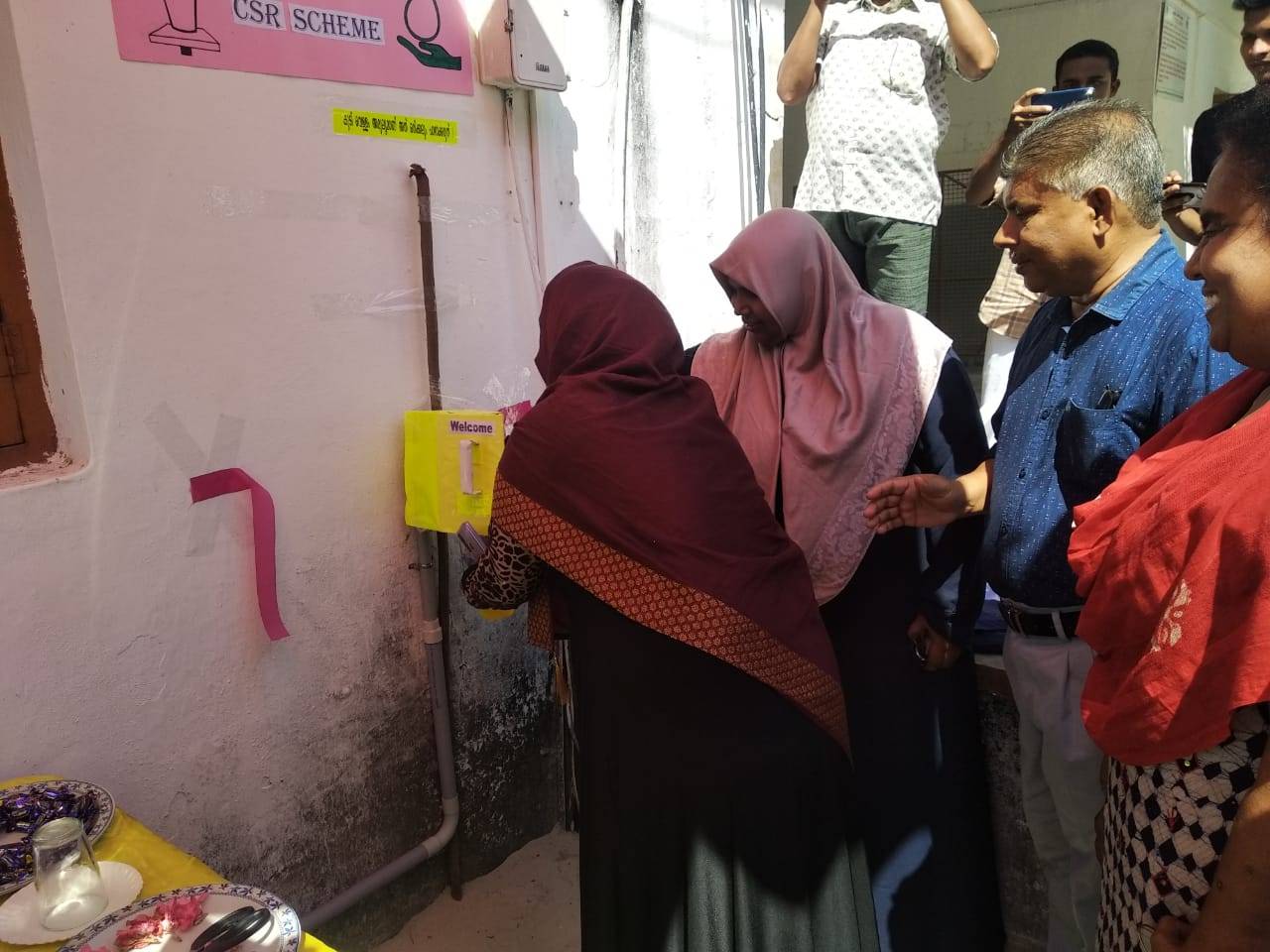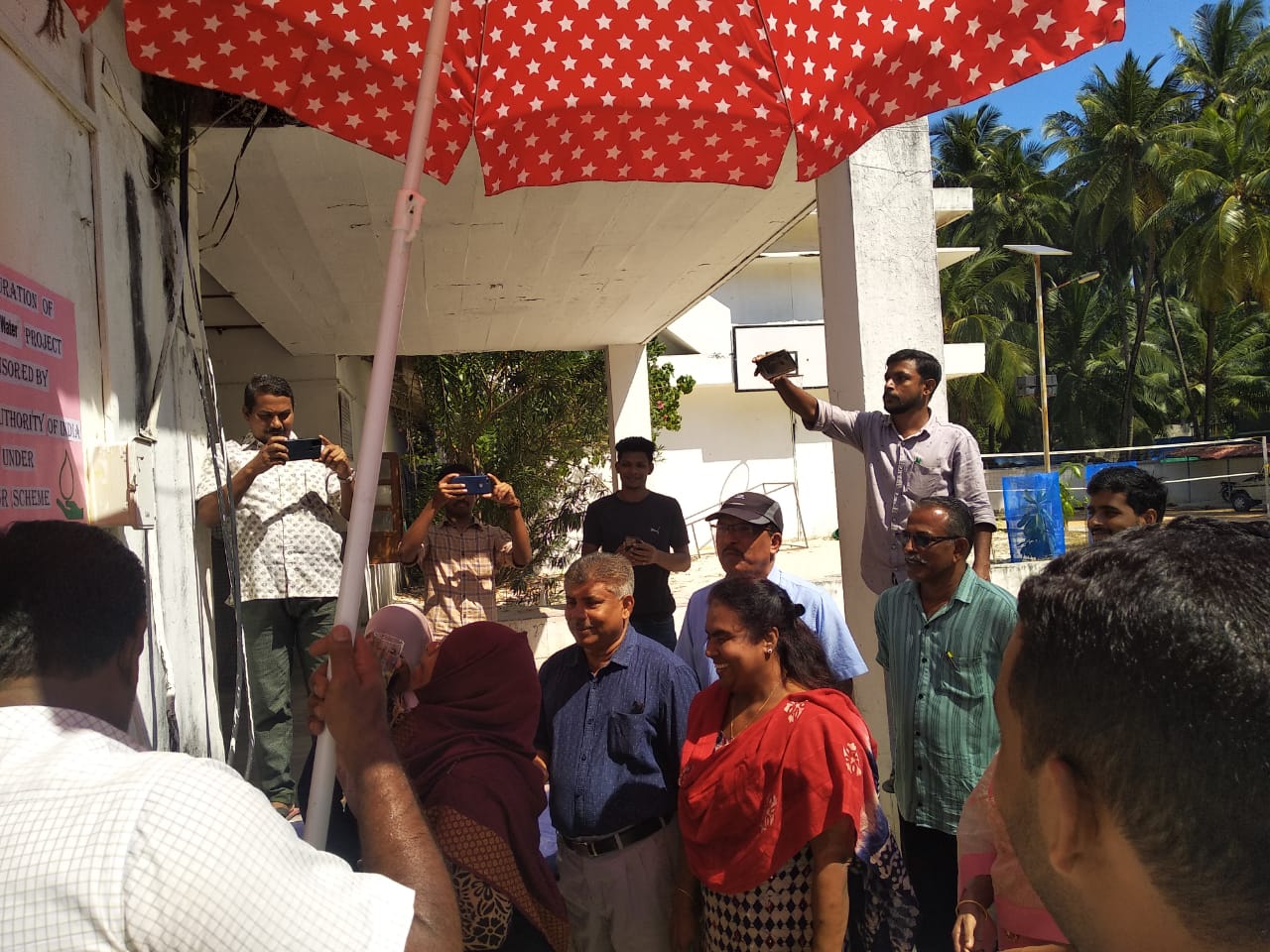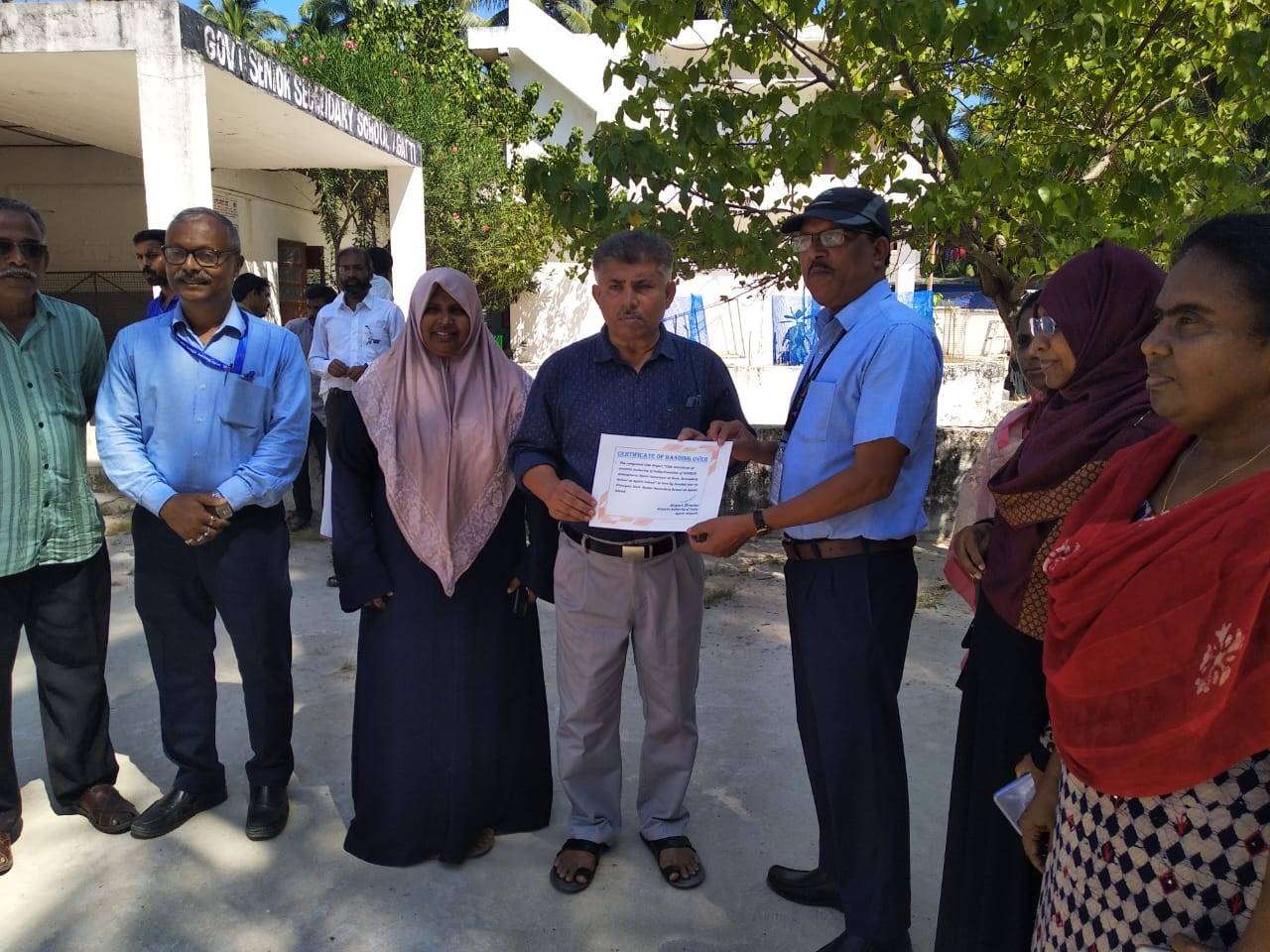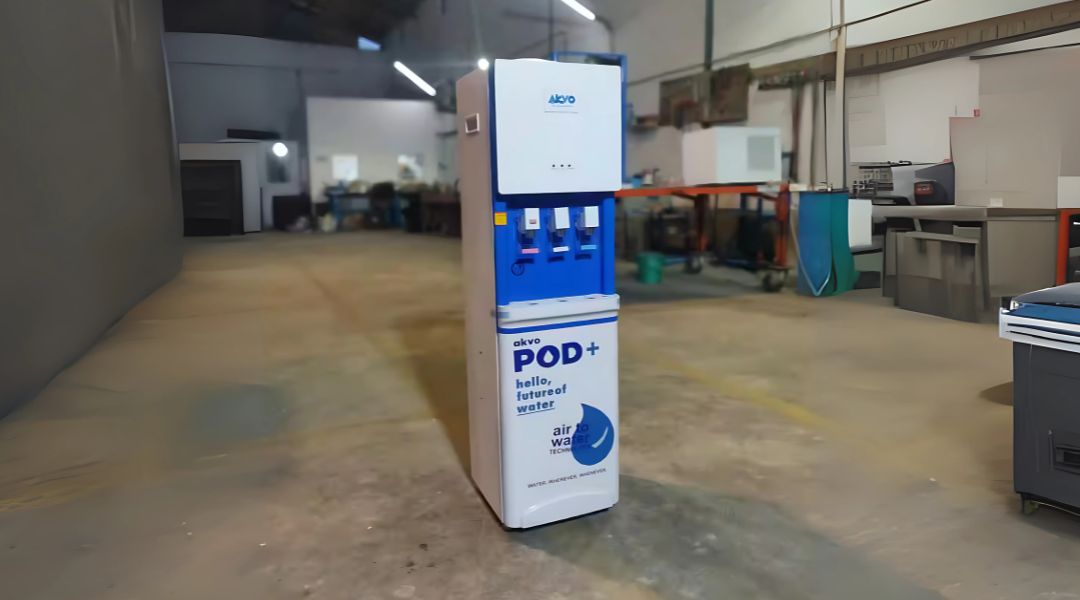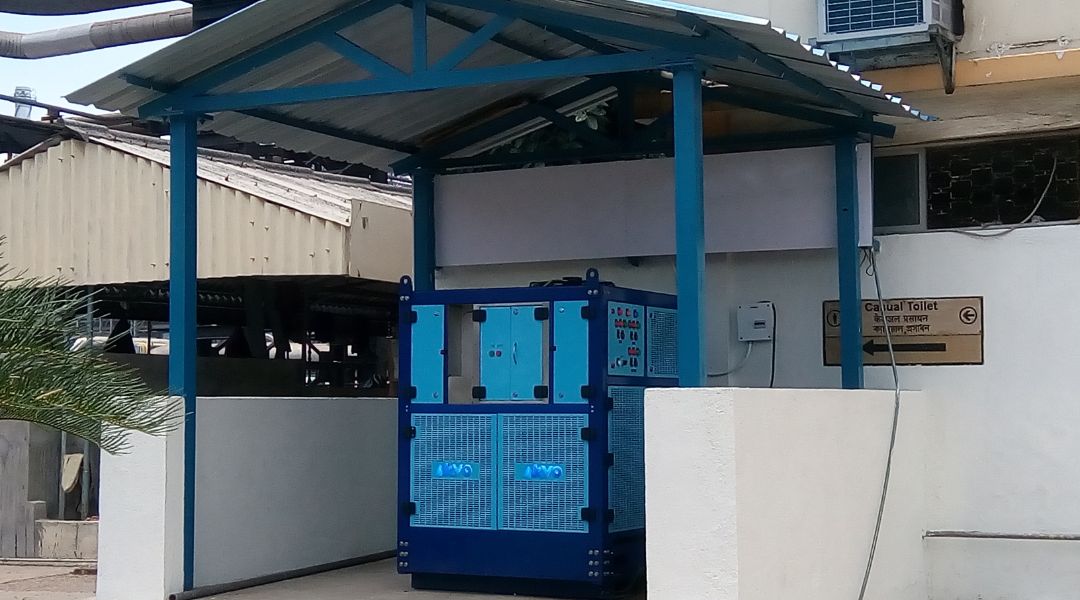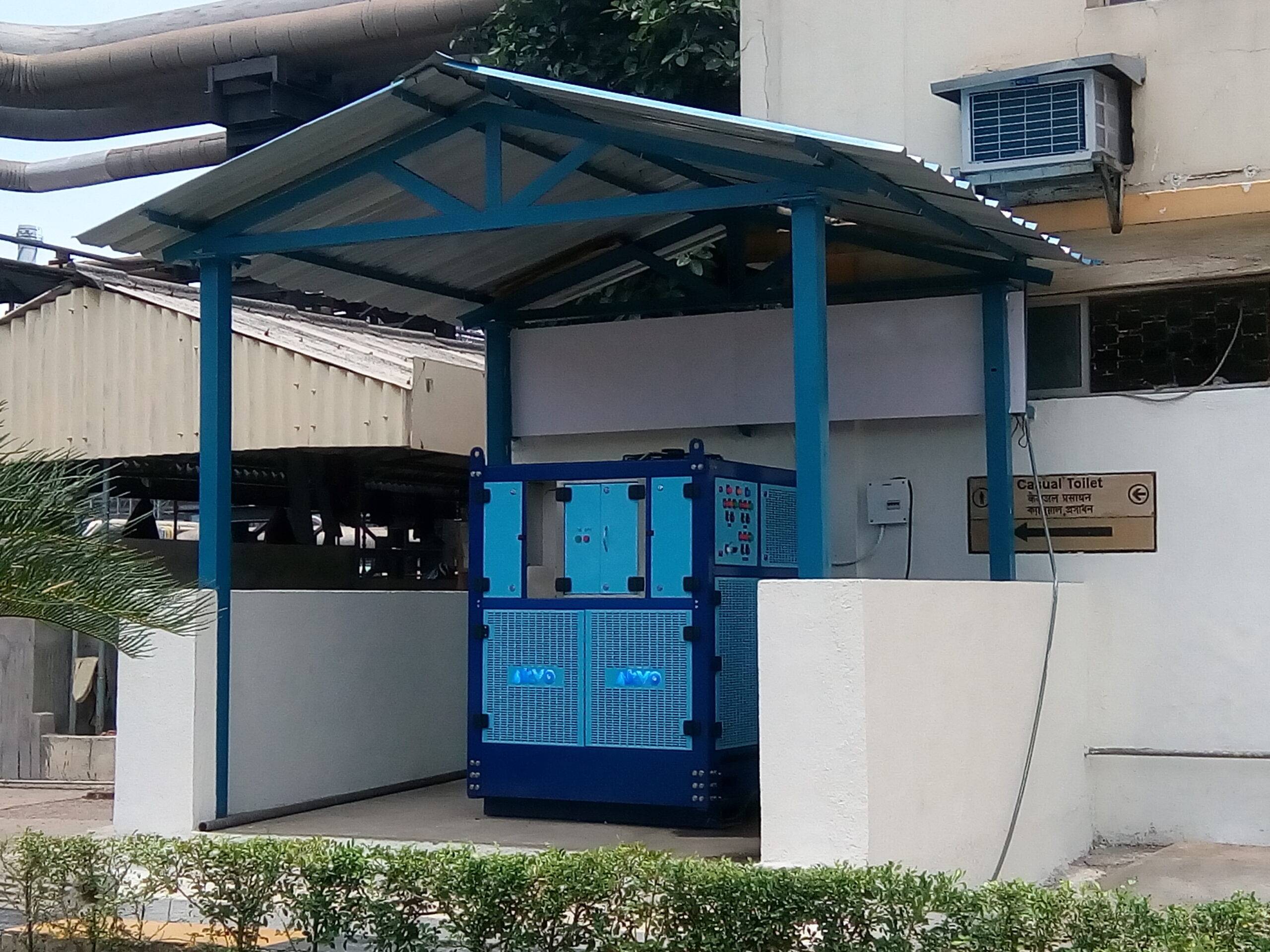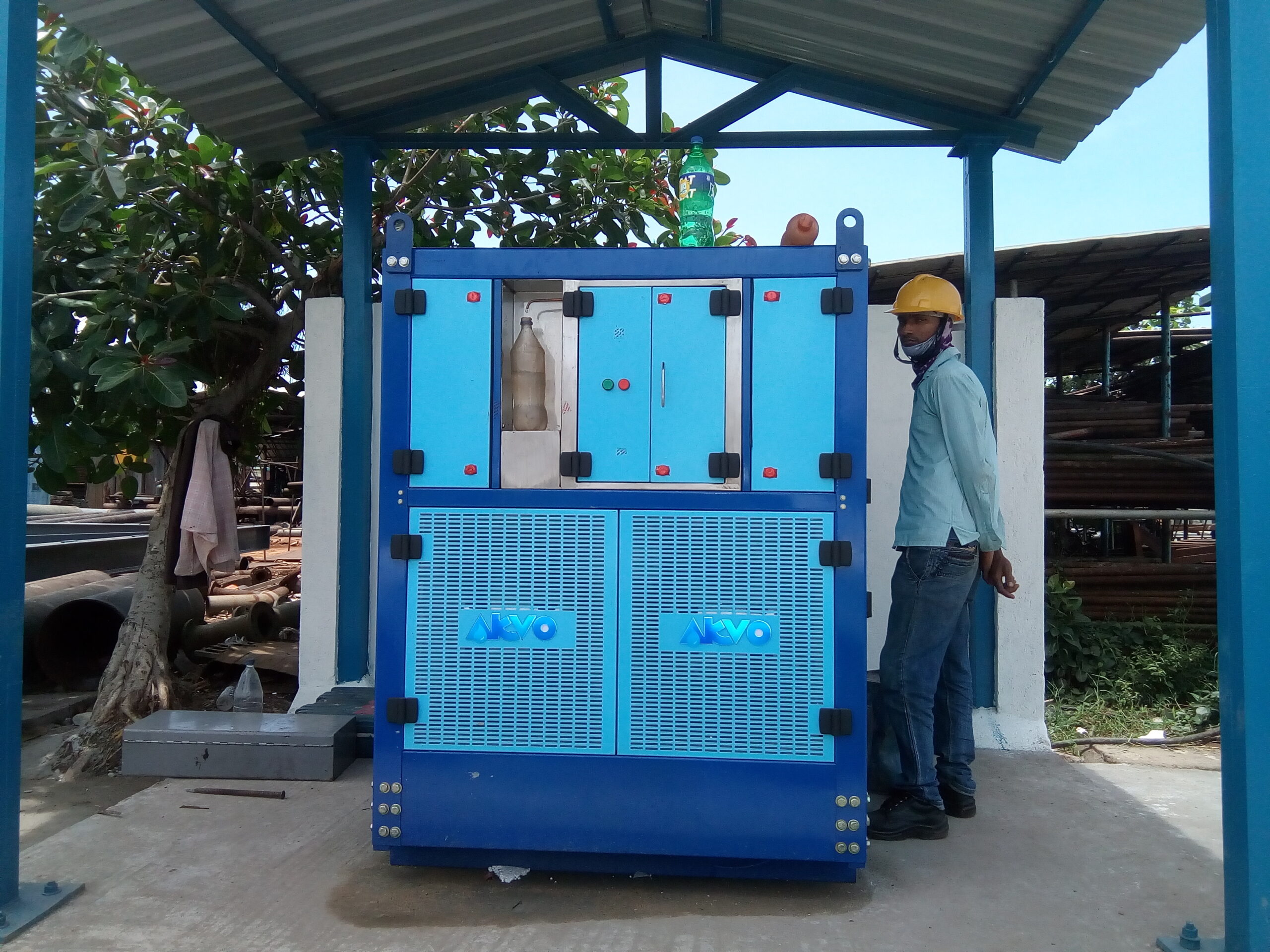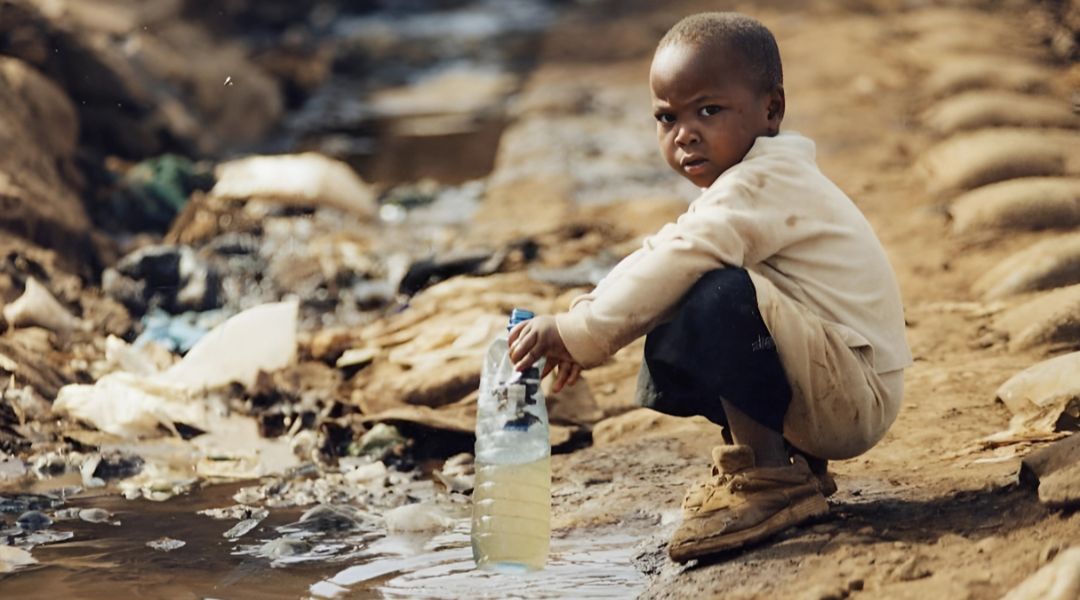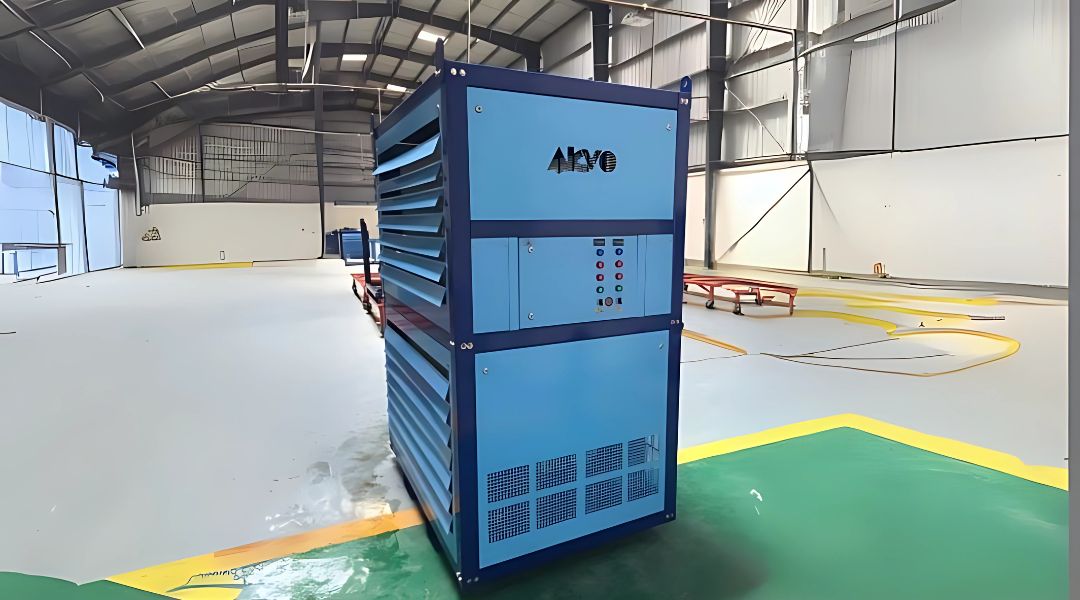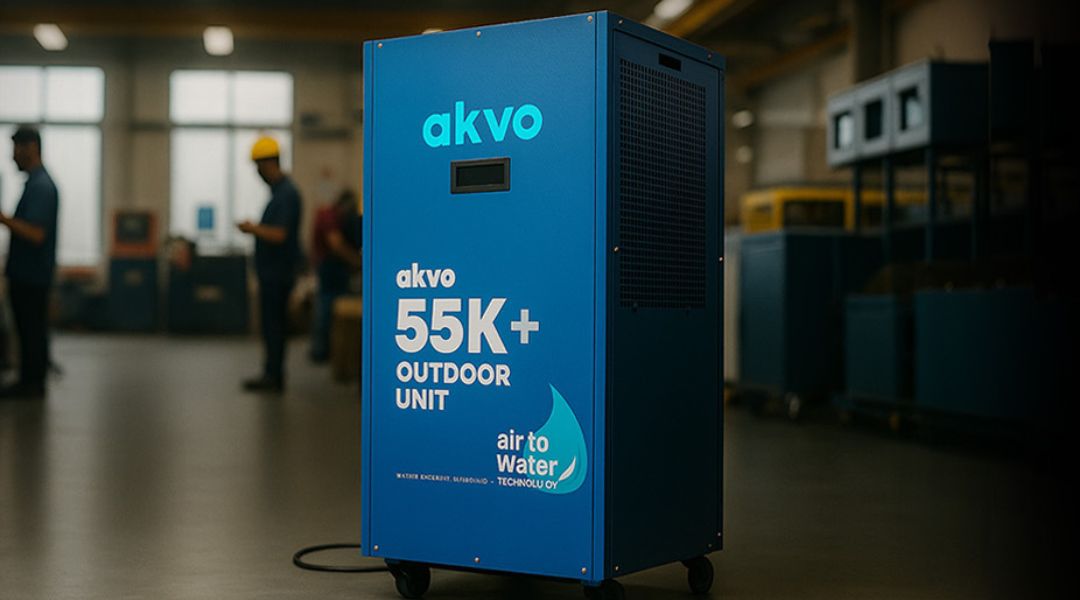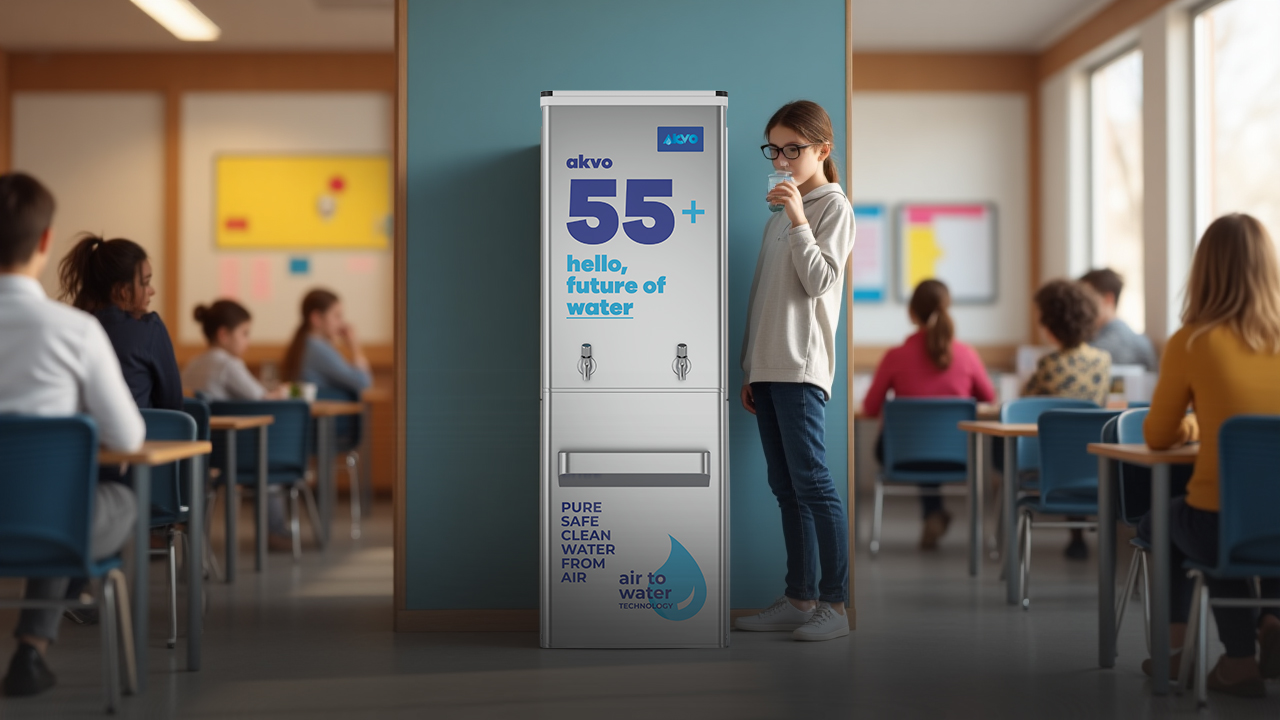THIS KOLKATA-BASED STARTUP IS PROVIDING WATER SCARCITY SOLUTIONS TO THE STATE GOVERNMENTS, MNCS AND OTHER COUNTRIES
The scarcity of water across the globe has reached an alarming level. 12 % of India’s population is already living the ‘Day Zero’ scenario, thanks to excessive groundwater pumping, an inefficient and wasteful water management system and years of deficient rains.
According to the Composite Water Management Index (CWMI) report released by the Niti Aayog in 2018, 21 major cities are racing to reach zero groundwater levels by 2020, affecting access for 100 million people. The report also states that by 2030, the country’s water demand is projected to be twice the available supply, implying severe water scarcity for hundreds of millions of people and an eventual 6% loss in the country’s GDP.
The Chennai Water Crisis of 2019 has established the harsh truth that we are depleting all sources of water. According to a report by WaterAid, a global advocacy group on water and sanitation, India has around 63.4 million people living in rural areas without access to clean water, more than any other country.
Call for Collaborative Effort
“Government cannot alone mitigate this human-made catastrophe, it has to be a collaborative effort with private entities or an innovation which makes people self-reliant and future-ready,” says Navkaran Singh Bagga, Founder and CEO of AKVO Atmospheric Water Systems, a Kolkata based start-up that produces indigenously manufactured atmospheric water generator.

Government has announced an ambitious target of providing piped clean drinking water to all rural households by 2024. Although a worthy goal, it is unclear how the government proposes to achieve this formidable target under the current circumstances.
Bagga further adds, “Agricultural irrigation is one area that needs immediate discourse as it accounts for 90% of freshwater withdrawals. Farmers from water-stressed areas in India must be incentivized to not produce water-intensive crops. Natural aquifers and catchment areas must be preserved.”
Is there an immediate solution to the water crisis?
WHO states that an individual requires around 25 litres of water daily for meeting his/her basic hygiene and food needs. The world and our country needs an immediate and long term solution to the water issues.
However, Bagga believes that there cannot be an immediate solution to a human made disaster over centuries. He says, “It will require drastic measures that must be monitored and audited to find any long term solution.”
Talking about the seriousness of the water scarcity and how this problem needs to be dealt on a macro level, Bagga affirms, “Water must come at a price, only then people might understand the seriousness of the issue. The need is to focus on replenishing our natural dams – the aquifers and catchment areas. Rivers should not be polluted with harmful chemicals from the industry and other waste.”
He further adds, “There has to be a proper audit report on water usage. Each housing society must have its own rainwater harvesting system along with every Government building. Alternative technologies like Atmospheric Water Generator (AWG) that does not depend on any water source can be installed at offices, buildings, factories, villages, for safe and pure drinking water. Even the government should emphasize and invest more in alternative and eco-friendly sources of energy.
Akvo’s AWG Technology – Producing Pure Drinking Water
Access to clean drinking water should not be a privilege for some, it should be a right for all. When the 1948 universal declaration on human rights was written, no one could foresee a day when water would be a contested area. But living in 2020, it is not an exaggeration to say that the lack of access to clean water is one of the greatest human rights violation in the world.
Akvo AWG replicates the natural process of condensation by simulating the dew point, which allows it to make water continuously using plug and play method. The machines can generate water entirely depending on the level of humidity and atmospheric temperature which is ideal for Indian conditions to function to its optimum level.
Akvo Pod
Akvo recently introduced the country’s first home model of Atmospheric Water Generator, AKVO Pod. It is ideal for homes, offices and small businesses. This unit can make up to 50 litres of pure drinking water per day. The Pod features a superior filter system that delivers clear and healthy drinking water. It works on a simple plug and play method and consumes half a unit of electricity to run for an hour.
Positive Impact of Akvo’s Projects Across the Globe
For a product like AKVO, the future is like a treasure box as there are multiple channels through which this product can serve the humanity as a whole. It is all about breaking the chain and setting a new order for the future generations.
Hardua Mangarh is a dusty hamlet in Damoh region of Madhya Pradesh, with a population of around 1,500 faced acute water scarcity with no proper water system even seven decades, post-independence. It was a daily ordeal for the populace of Damoh region to walk a minimum of 4 km and then form a human chain or human ladder going down the steep well to fetch a bucket of water.
The Public Health & Environment Department of Madhya Pradesh approached Akvo to come up with a solution. Now after a year of the installation of the Akvo 365K machine unit in Hardua Mangarh, villagers receive about 1000 ltrs of fresh drinking water every day from air.
Akvo also played an instrumental role in providing an alternative solution in water scarcity hit Chennai during the summer months of 2019 which drew global attention. The Greater Chennai Corporation had installed AKVO atmospheric water generator in its premises on a trial basis. The company is in talks with other big MNCs in Chennai to install the machine at its offices. Currently, over 50 machines have been installed in Chennai across schools, residential complexes, private institutions and other big names like NTPC and Indian Oil Corporation.
Hero Moto Corp has installed one machine in its plant in Haryana, and other government bodies are also trusting Akvo machines in providing clean drinking water. Six machines have been installed in Lakshadweep Island as well in association with the local government.
Over 44 AKVO machines have been installed at the Qatar FIFA World Cup 2022 stadium, with an order for over 350 more. To strengthen their proposition in the Middle East, Akvo have also installed a 300 litre machine at Sharjah Electricity and Water Authority.
Akvo’s roadmap
Currently, besides the industrial, corporate and housing complex units, Akvo is offering the 50-liter version of AKVO POD and will soon launch the 25-liter model for nuclear families as well. Bagga says, “We are also working incessantly on other smaller models which can replace bottled water at hotel rooms, reducing the plastic usage and also saving the environment.”
“We are 100% bootstrapped. We adopted this route as it will allow us to build a solid bottom-line focused business approach first. However, we are planning on raising funds soon. We are currently in talks with a few investors,” concludes Bagga.
Read full article https://unkrate.com/2020/07/this-kolkata-based-startup-is-providing-water-scarcity-solutions-to-the-state-governments-mncs-and-other-countries/?fbclid=IwAR3HG1vTv2MCNnhrbd2ZatPDDhQvOjN6X3rCIFl-3617A2ayCZAn974CS0Y

